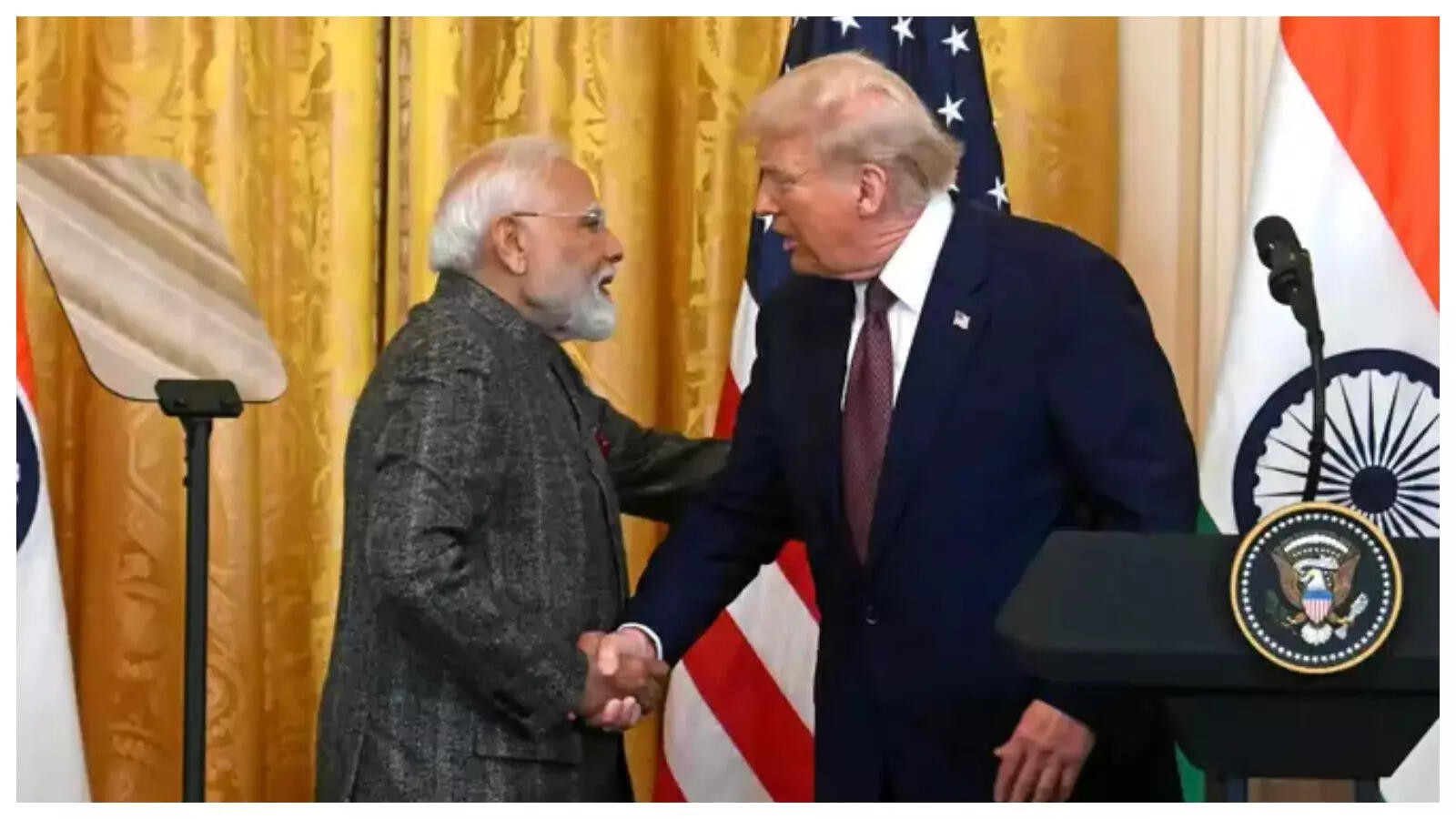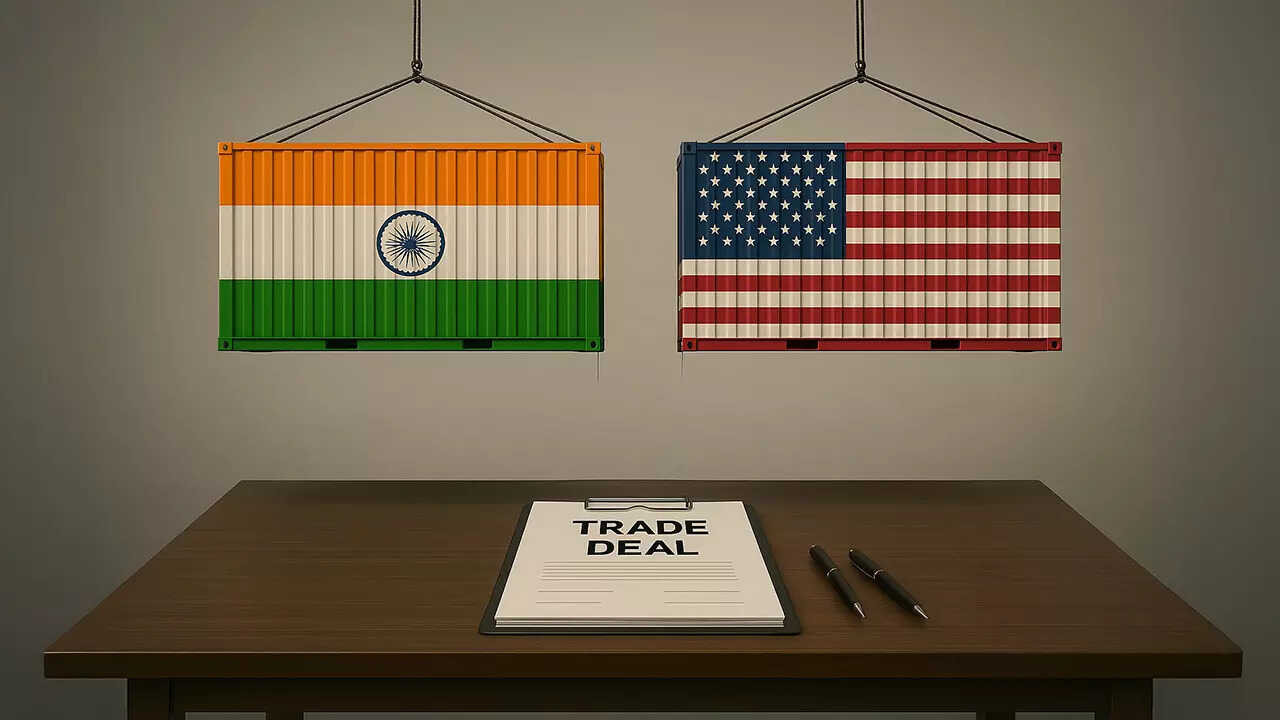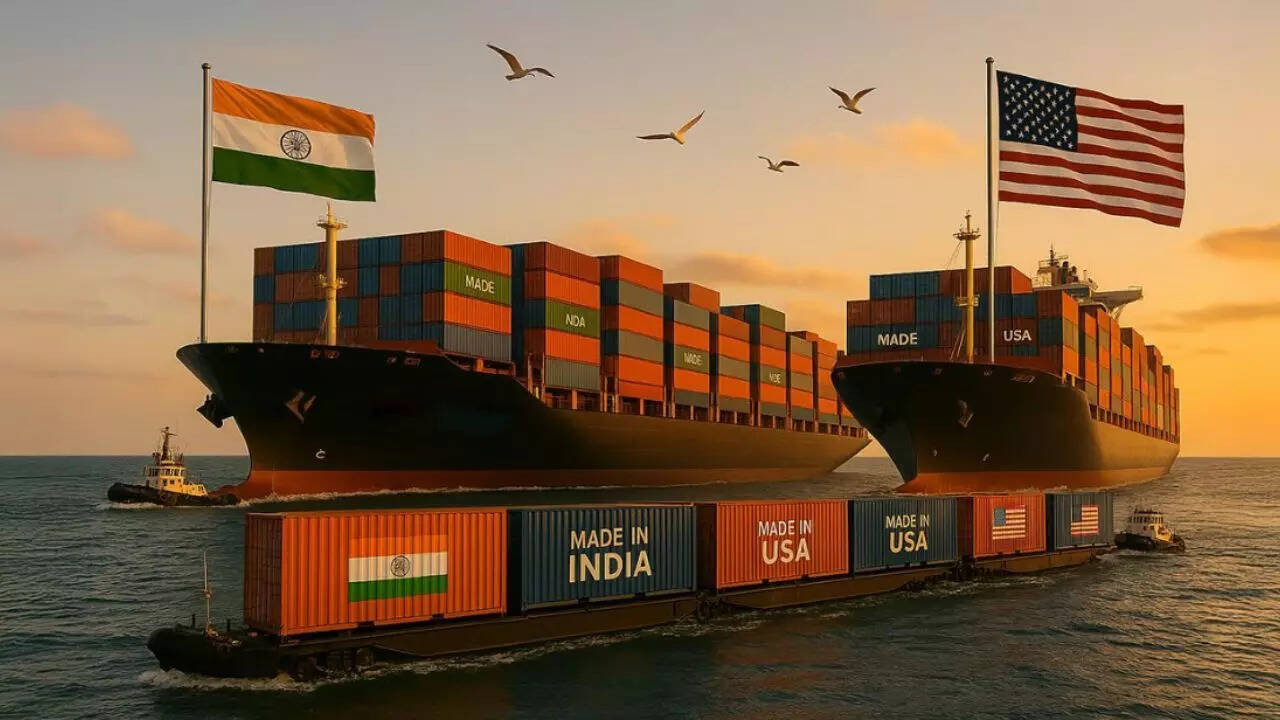The EU’s new sanctions on Russian oil could jeopardize India’s $15 billion fuel exports. These sanctions target refined petroleum products made from Russian crude, potentially restricting access to European markets.
Navigating Murky Waters: Will EU Sanctions Sink India’s Fuel Exports?
The global energy market is a complex dance, a delicate choreography of supply, demand, and geopolitical pressure. And right now, the music’s getting a bit… intense. New European Union sanctions aimed at further restricting Russia’s oil revenue are casting a long shadow, potentially impacting India’s burgeoning fuel export industry. The question isn’t if there will be ripple effects, but how big and how disruptive they’ll be.
India, a major importer of discounted Russian crude, has become a significant exporter of refined fuels like diesel. This refining and re-exporting strategy has been economically beneficial, allowing India to capitalize on global demand while mitigating the impact of rising energy costs. However, the EU’s tightening grip on Russian oil could throw a wrench into the gears.
The heart of the matter lies in the “country of origin” rules. The EU is increasingly vigilant about fuels entering its market, demanding clearer proof that products aren’t simply Russian oil with a new label. Refineries processing Russian crude and then exporting the resulting fuel products to the EU might find themselves in a difficult position, needing to demonstrate definitively that their products comply with the sanctions. This added layer of scrutiny requires significant documentation and traceability measures, which are no small feat.
<img src="image-of-oil-refinery-at-night.jpg" alt="An illuminated oil refinery at night, highlighting India's fuel exports.” />
The $15 Billion Question: What’s at Stake?
India’s fuel exports are a substantial economic driver, estimated at around $15 billion annually. A significant portion of these exports finds its way to the European market. If EU restrictions become too stringent or the cost of compliance too high, Indian refineries may be forced to redirect their exports, potentially disrupting existing trade relationships and impacting profitability.
This isn’t just about immediate financial losses. It’s about long-term strategic positioning in the global energy landscape. India has been carefully cultivating its role as a key player in refining and supplying fuels to meet growing global demand. The EU sanctions pose a challenge to this ambition, forcing a reassessment of supply chains and export strategies.
Walking a Fine Line: India’s Balancing Act
The Indian government and its refining industry face a delicate balancing act. They need to maintain access to affordable crude oil to fuel domestic energy needs and support economic growth. At the same time, they must navigate the complex web of international sanctions to avoid jeopardizing their export markets.
One potential solution involves diversifying crude oil sources. By reducing reliance on Russian oil and increasing imports from other suppliers, Indian refineries can mitigate the risk of falling foul of EU sanctions. This shift, however, comes with its own challenges, including potentially higher procurement costs and the need to adjust refining processes to handle different types of crude.
Another approach is focusing on non-EU markets. While Europe represents a significant export destination, there is growing demand for refined fuels in other parts of the world, particularly in Asia and Africa. Diversifying export markets can reduce India’s vulnerability to EU policy changes and create new opportunities for growth. See more about [India’s trade relations with Africa](related-article-url).
The Road Ahead: Adapting to a Changing Landscape
The EU’s stance on Russian oil isn’t likely to soften anytime soon. This means India’s refining industry needs to proactively adapt to the evolving regulatory landscape. Investing in advanced tracking and tracing technologies to ensure compliance with “country of origin” rules is crucial. Furthermore, building stronger relationships with non-sanctioned suppliers of crude oil will provide greater flexibility and security.
Ultimately, the impact of EU sanctions on India’s fuel exports will depend on how effectively the country can navigate these challenges. A proactive and strategic approach, focused on diversification, compliance, and market adaptation, will be essential to protect its $15 billion export industry and maintain its position as a key player in the global energy market. The coming months will be crucial in determining whether India can successfully walk this fine line.







